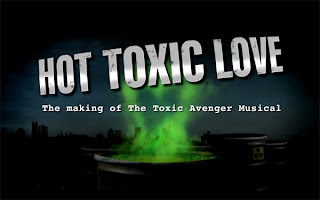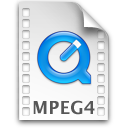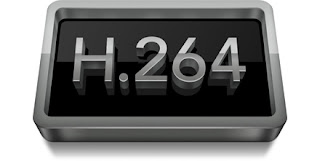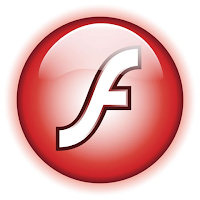"We've always encouraged our clients to offline wherever they want. At home, in their production office, in the basement, or in our self-operate Avid suite with their favourite story editors- wherever. As long as they trust us with the online and finishing." - Al Mitchell, PPD President.
PPD has always championed the Avid workflow. Avid offline means a faster and more accurate Avid online. Finishing on an Avid Symphony means immediate results and less rendering - providing more time for enhancing the quality and look of the project.
Currently in post-production on a 13 episode TV series, PPD has been providing the digital dailies and is now tackling the HD finishing with a tight delivery schedule.
Once the network has signed off on each episode, PPD is emailed the Avid project and any notes. "We load up the sequence and, because we carefully designed the workflow, we can immediately link to the original high-quality camera footage. The common animations, titles, and transitions all connect and appear perfectly." - Bruce Rees, PPD Senior Editor.
At this point the creative task of correcting and grading the content begins. With multiple cameras there will always be colour and brightness differences that must be corrected to create a seamless cutting between angles. Sometimes a mood will be created by affecting the colours in a scene or by highlighting a person or object and darkening everything else around it. Since most of the footage on this project was shot on Sony F3s (PMW-F3) using 'S-Log gamma mode' there's more latitude to make adjustments to the light and dark areas. Lifting details in darker areas is easier and doesn't introduce as much noise as video shot in the traditional 'Rec. 709' colour space (see examples below).
To meet the broadcast delivery deadlines, PPD is preparing the Descriptive Video (DV) audio track and Closed Captioning data simultaneously with the online edit. The surround sound audio mix is supplied by the audio post house as digital stems which are typically received on the morning before client screenings. For those screenings the clients view the final picture on a colour-calibrated 24" Sony monitor or a 46" just-like-at-home HDTV in one of the large edit suites, along with the surround sound.
This project requires multiple HDCAM masters with Dolby-E audio encoded tracks along with DVD down-conversions. Our team’s understanding of and experience with complex broadcast technical and delivery specifications means there’s no need for you to worry about technical rejection.
S-Log footage before colour correction
S-Log footage after correction
S-Log footage before colour grading
S-Log footage after colour grading
Web Links:
Closed Captioning Standards for Canadian English Language Television
DV & CC - CRTC: Access to TV for people with visual impairments

















